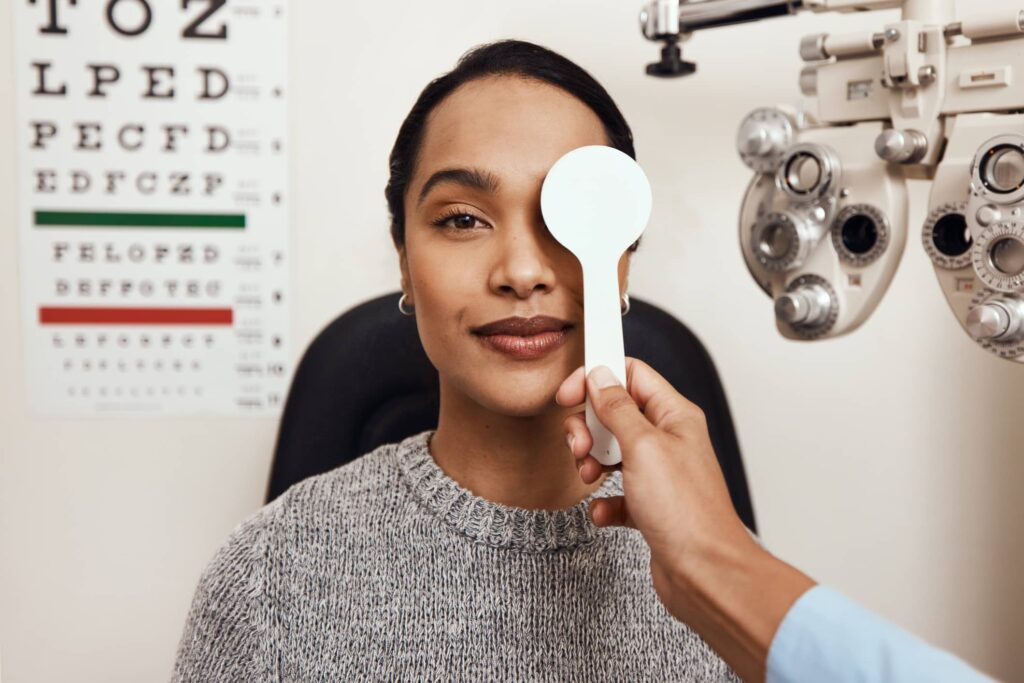Featured
Table of Contents
Keeping ideal eye health and wellness is crucial for a high quality of life, and regular eye examinations are a crucial component of that maintenance. Vision changes can happen at any age, making it important to customize eye care suggestions to different life stages. Right here's an overview on how frequently eye exams ought to be arranged for numerous age teams to ensure the most effective possible eye health.
During this browse through, eye care experts examine visual skill and check for any kind of developing problems. If no worries are kept in mind, the following eye examination should occur before the child gets in college, typically around ages five or six.
Moms and dads must continue to be cautious for signs of vision problems, such as squinting, problem concentrating on the chalkboard, or complaining of headaches. It's crucial to set up a test instantly if any of these signs emerge. Normal evaluations make certain that kids can do well academically and take part fully in tasks like sporting activities.
![]()
During young adulthood, people typically experience less considerable modifications in vision, however normal eye examinations continue to be necessary. Youthful grownups should have detailed eye tests every two years. Those with danger variables, such as a household history of eye disease, diabetes, or regular contact lens use, may require annual examinations.
Young adults are commonly subjected to electronic eye pressure as a result of long term use of smartphones and computer systems. Signs like dryness, fatigue, and obscured vision may develop from extreme display time. If these signs and symptoms persist, getting in touch with an eye treatment professional can lead to customized options, such as computer glasses or recommendations for way of living adjustments.
For people with underlying wellness conditions, such as hypertension or diabetic issues, even more frequent examinations may be essential. Routine surveillance is important for taking care of these problems and guaranteeing that any potential eye health and wellness problems are dealt with without delay.
Senior citizens may additionally experience changes in their ability to see in reduced light or differences in color perception. Normal exams permit eye treatment professionals to keep track of these changes and give proper interventions, ensuring senior citizens maintain their self-reliance and quality of life.
Infants and Toddlers (0-2 Years)
Eye health begins at birth. The American Academy of Pediatric medicine recommends that infants have their initial extensive eye test at around 6 months of age.During this browse through, eye care experts examine visual skill and check for any kind of developing problems. If no worries are kept in mind, the following eye examination should occur before the child gets in college, typically around ages five or six.
Kindergarten and School-Aged Kid (3-18 Years)
Children ages three to 18 must undergo regular eye examinations each to two years. Institutions usually carry out standard vision screenings, these do not replace extensive tests carried out by eye treatment specialists. A thorough eye exam assesses not just visual skill yet also eye control, tracking abilities, and overall eye health and wellness.Moms and dads must continue to be cautious for signs of vision problems, such as squinting, problem concentrating on the chalkboard, or complaining of headaches. It's crucial to set up a test instantly if any of these signs emerge. Normal evaluations make certain that kids can do well academically and take part fully in tasks like sporting activities.
Young Person (19-39 Years)

During young adulthood, people typically experience less considerable modifications in vision, however normal eye examinations continue to be necessary. Youthful grownups should have detailed eye tests every two years. Those with danger variables, such as a household history of eye disease, diabetes, or regular contact lens use, may require annual examinations.
Young adults are commonly subjected to electronic eye pressure as a result of long term use of smartphones and computer systems. Signs like dryness, fatigue, and obscured vision may develop from extreme display time. If these signs and symptoms persist, getting in touch with an eye treatment professional can lead to customized options, such as computer glasses or recommendations for way of living adjustments.
Adults (40-64 Years)
Entering center age produces more obvious modifications in vision, particularly the onset of presbyopia, which affects the ability to concentrate on close things. Grownups aged 40 to 64 must have eye tests every one to two years. This age is also at a greater threat for developing problems such as glaucoma, cataracts, and age-related macular degeneration.For people with underlying wellness conditions, such as hypertension or diabetic issues, even more frequent examinations may be essential. Routine surveillance is important for taking care of these problems and guaranteeing that any potential eye health and wellness problems are dealt with without delay.
Senior Citizens (65 Years and Older)
For elders, the need for normal eye tests becomes much more essential as a result of an increased threat of age-related eye illness. It is typically recommended that individuals matured 65 and older have an eye exam at the very least yearly. Early detection of conditions like cataracts, glaucoma, and macular deterioration is crucial for protecting against vision loss.Senior citizens may additionally experience changes in their ability to see in reduced light or differences in color perception. Normal exams permit eye treatment professionals to keep track of these changes and give proper interventions, ensuring senior citizens maintain their self-reliance and quality of life.
Final thought.
Understanding the appropriate routine for eye examinations based on age is crucial for protecting eye health and wellness and guaranteeing clear vision throughout life. By prioritizing eye care and adhering to advised examination schedules, people can take proactive actions to safeguard their vision and improve their general wellness.Latest Posts
A Historic Shoreline Location with Modern Thrills
Published Apr 11, 25
1 min read
Experience Coastal Elegance at Deauville Inn
Published Apr 04, 25
1 min read
Host Your Perfect Occasion: Place Rental Alternatives for every single Event
Published Mar 28, 25
1 min read